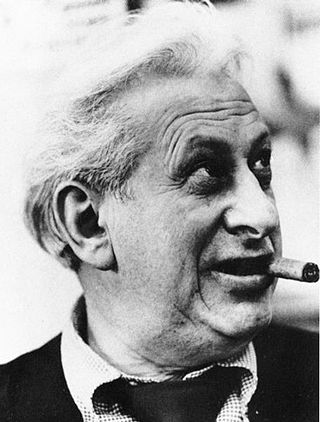Grad Student’s Internship with Studs Terkel Collection

Despite the Spring 2020 semester being cast about on a stormy sea of uncertainty, some boats manage to remain even-keeled. One such vessel is captained by our very own Andy Collins, a graduate student here in the Department of History & Philosophy.
Andy has sailed along for the past two years and is soon to finish his crossing of the seas of graduate school and dock at the port of graduation. Let us disembark from any further nautical metaphors, however, and investigate his ongoing internship at Chicago’s WFMT 98.7.
A background that helped
Andy has a background in communications. His BA in that field led him to work on various film and audio projects throughout the past decade. Due to his knowledge of the tools of the trade, an internship at a radio station was an excellent opportunity to both get some credit for his graduate work and to garner some real-world, practical experience.
As he has spent the past year working with university archivist Joseph Coates to catalog the history of Purdue Northwest through text and audio files, it should come as no big surprise that his work at WFMT would be somewhat similar: a deep dive into the Studs Terkel archives.
Terkel’s role in history
Studs Terkel (1912-2008) was one of the country’s foremost oral historians. He is perhaps most famous for his Pulitzer-winning 1985 book, The Good War: An Oral History of World War II. He was a proud contributor to the Works Progress Administration’s Federal Writers’ Project, where he worked in radio. It is this radio work that is of most relevance to Andy. Terkel hosted a radio show on WFMT for more than 40 years, creatively titled The Studs Terkel Program.
The Process of Digital Archiving
The depth and breadth of this program, as any glance at its archives would tell you, is tremendous. “The people [Terkel] interviewed for his shows ranged,” Andy tells us, “from economists, to writers, to filmmakers, to playwrights, to puppeteers. I have worked with content featuring a wide range of guests, including James Baldwin, Hunter S. Thompson, Maya Angelou, and Gore Vidal, to name a few.”
Andy goes through a metric ton of content in the archives of this show, working to process, categorize, and clearly define what sort of content appears in which episode. He describes his work: “I have a list of episodes that I look up. I listen to the episodes, each about an hour long. While I listen, I take notes of discussion topics featured in each episode.”
These notes serve the purpose of just about any archivist: cataloging. “I’m looking for one-word-type-things that could be used in a search engine,” he says, referring to the WFMT database’s search tools. He enters keywords and additional metadata (such as locations, show topics, and interview subjects) and writes a brief description of each episode, along with a title based on WFMT’s archival standards. Also noted for the archives are any songs played or quotations read aloud.
This is the sort of work that professional historians depend on for their own scholarly contributions to the academy. Without Andy’s cataloging of this informational data, it would be incredibly difficult, if not impossible, to find anything of particular interest in this vast trove of content.
Between his work in the university archives, his internship at WFMT, and his coursework here at Purdue Northwest, Andy has gotten more than a glimpse of all facets of a historian’s professional life.